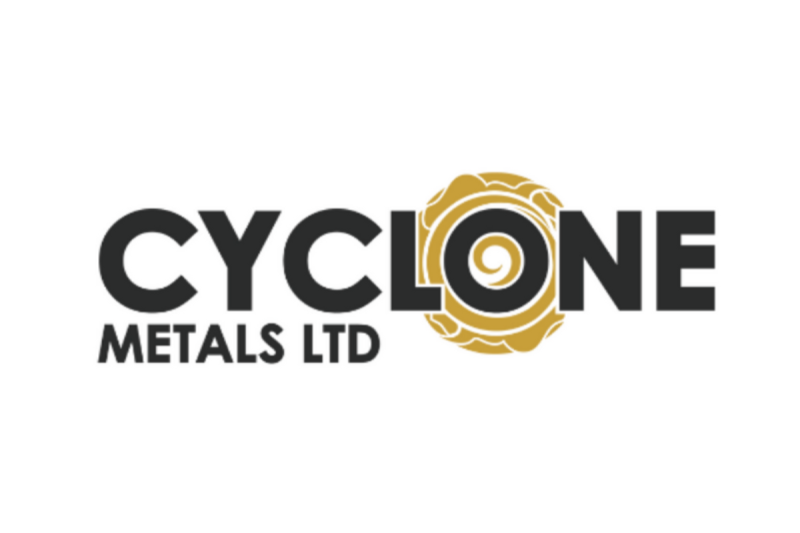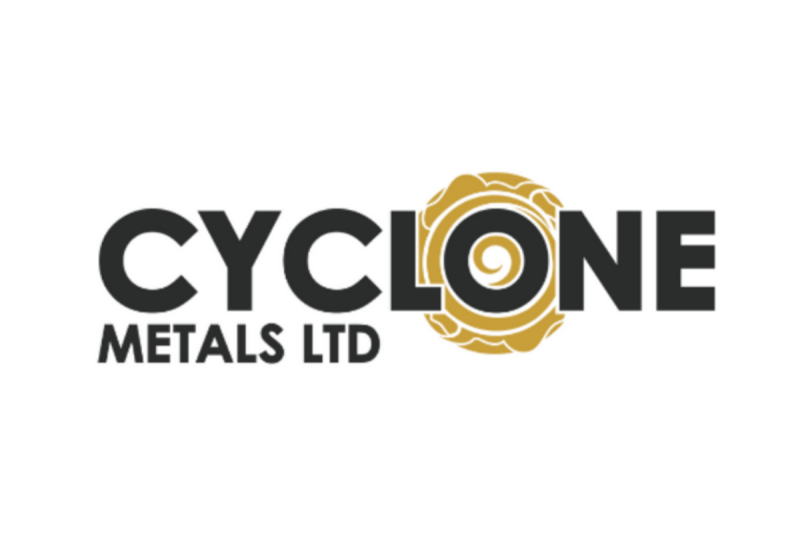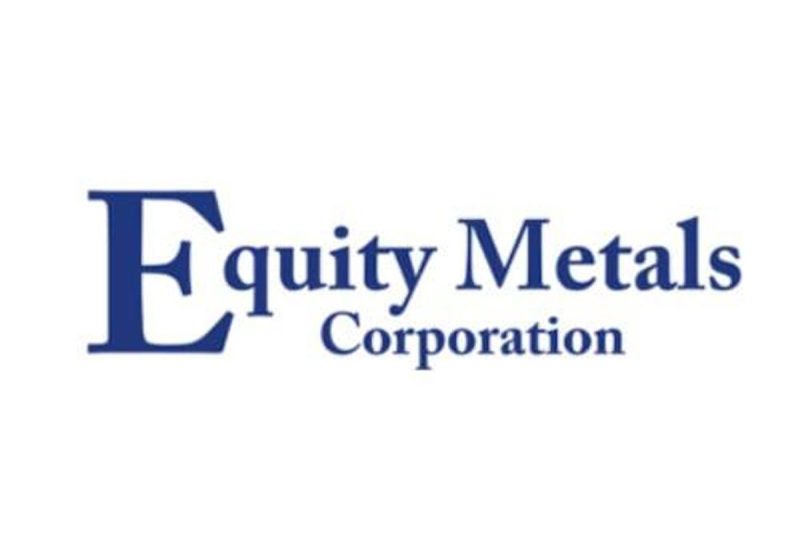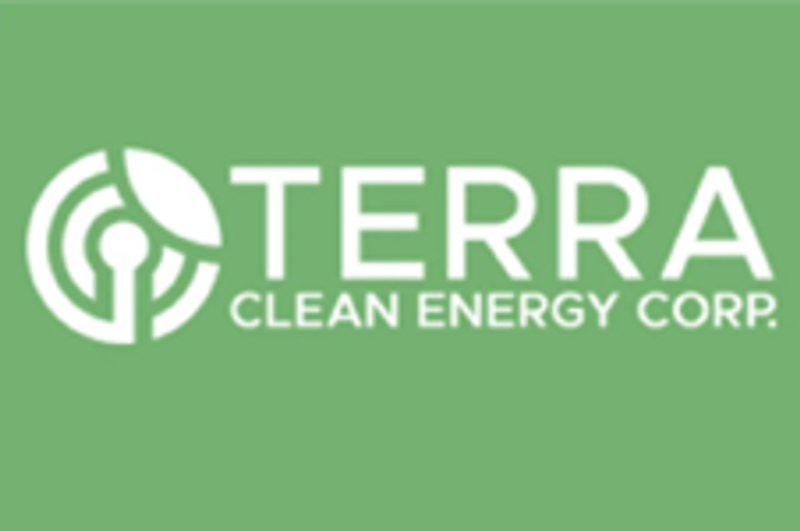Cyclone Metals


Overview
Cyclone Metals (ASX:CLE) is a listed exploration and development mining company focused on developing a world-class iron ore project in Canada referred to as project Block 103 or project Iron Bear. The company completed its acquisition of Labrador Iron, which owns 100 percent of the Block 103 magnetite iron ore project in Canada.
Iron Bear is located in the Labrador Trough in Canada, 30 kilometers from the town of Schefferville, and is within 20 kilometers of an open-access heavy haul railway directly connected to the Sept Isles iron ore export port. The Labrador Trough is a well-established and stable iron ore exporting district which harbors numerous iron producers including IOC (Rio Tinto), Champion Iron and Tata Steel, all of which benefit from the same rail and port infrastructure.
Iron Bear is a well-advanced project with over US$35 million of expenditures to date, including mineral resource drilling, metallurgical test work, geological modelling, engineering studies and risk assessments.
A maiden NI 43-101 mineral resource was defined by Watts, Griffis and McOuat in 2013, and updated in April 2024. A preliminary economic assessment( PEA) study was completed by BBA Inc. These independent studies highlight the exciting value embedded in Iron Bear, and the potential to produce large volumes of direct reduction pellets for a low cash cost, leveraging the low stripping ratio (0.4:1), and access to competitive hydro power. The company’s upgraded JORC-compliant mineral resource statement and related mineralogical test work results show indicated and inferred mineral resource of 16.6 billion tons containing 29.3 percent total iron and 18.2 percent magnetic iron.
As the company ramps up the development of the Iron Bear Project, Cyclone Metals has entered into a binding term sheet with BVI-registered company Moosh Moosh Limited for the sale of its non-core gold assets which include the Nickol River Gold Project tenements in Western Australia, the Longwood Range Gold Copper PGE Project, Mareburn Gold Project, Macraes South Gold Project, Drybread – Waikerikeri Gold Project, and Muirs Gold Project located on the North and South Islands of New Zealand.
Company Highlights
Cyclone metals owns 100 percent of the world-class Iron Bear iron ore project in Canada and has approximately AU$8 million of liquid investments in ASX listed resource companies.The world class Iron Bear iron ore project has an indicated and inferred mineral resource of 16.6 billion tons containing 29.3 percent total iron and 18.2 percent magnetic iron (JORC and NI 43-101- compliant).Pilot plant metallurgical test work confirms reasonable prospects for future economic extraction.The Iron Bear mineral asset is located in the Labrador Trough, less than 15 kilometers from an open access heavy haul railway directly connected to the Sept Isles iron ore export port.Metallurgical test work completed on representative bulk sediment samples delivered a magnetite blast furnace concentrate produced grading 68.7 percent iron with very low deleterious elements and silica below 3.5 percent. The magnetite recovery ration was over 97 percent achieved with industrial processing equipment.A preliminary economic assessment suggests that the cash costs for producing blast furnace pellets could be very low, estimated at US$46.5 /t FOB Sept Isles due to a low stripping ratio (1/4) and access to hydropower.Iron ore is the world’s second largest commodity by value and underpins the growth of developing nations including China and India. The benchmark 62 percent Fe price has been on average US$95/t CFR China over the last decade. As of 04/12/23 the price of the 62 percent Fe benchmark was US$130/t and the price for BF pellets was US$182/t.The Iron Bear iron ore products will be tailored to minimise the carbon footprint of steel producers – further enhancing the value of the project for investors. Test work is ongoing to define an ultra-low carbon direct reduction pellet and concentrate.The management team of Iron Bear has communicated a very structured plan to develop the project and deliver value for stakeholders (investors and local communities). The achievement of each milestone is monitored and has clear accountabilities
Key Project
Iron Bear Project
The Iron Bear project consists of 10 licenses totalling 7,275 hectares on 291 graticular mineral claims under the applicable Labrador and Newfoundland mining regulation. The property is located near the provincial border of Newfoundland and Labrador and Quebec, approximately 30 kilometers northwest of the town of Schefferville, Quebec, and 1,200 kilometers by air northeast of Montréal.
Mineralisation at Iron Bear is typical of the Labrador Trough, being a magnetite/hematite taconite. The Labrador Trough is a 1,600-kilometer long and a 160-kilometer Canadian Proterozoic volcanic and sedimentary basin that extends from Ungava Bay south-southeast through Quebec and Labrador. The Labrador Trough has supported iron ore mining operations since 1954.
Project Highlights:
World-class 100-percent-owned asset with an upgraded JORC mineral resource of 16.6 billion tons containing 29.3 percent total iron and 18.2 percent magnetic iron, of which 2.15 billion tons containing 28.68 percent total iron and 19 percent magnetic iron are in the indicated category.Mining friendly jurisdiction, less than 15 kilometers from an open-access heavy haul railway directly connected to the Sept Isles iron ore export port.A class leading blast furnace magnetite concentrate was produced grading 68.7 percent iron with very low deleterious elements and silica below 3.5 percent, and very high recovery >97 percent for magnetite iron.A preliminary economic assessment (completed in 2013 by Watts, Griffis and McOuat and BBA) highlights attractive financials: NPV = C$7.4 billion @ 8 percent WACC for 16.6 Mta production of acid pellets based on 62 percent Fe benchmark of US$110/tLow pellet cash costs US$46.5/t FOB Sept Isles due to favourable ore properties and access to hydropower.Iron Bear mineral resource can support large-scale production of quality pellets or concentrates – from 20 to 100 Mta.DRI pellets are critical for steel mills looking to reduce their carbon footprint, are in very short supply and carry large premiums.
Recent site work at Iron Bear
Pilot plant metallurgical test work confirms that reasonable prospects exist for eventual economic extraction at Iron Bear:
Production of a direct reduction grade concentrate grading 70.6 percent iron and 1.2 percent silicon dioxide with an overall magnetic iron yield of 88.9 percentProduction of a blast furnace grade concentrate grading 68.9 percent and 3.4 percent silica with a magnetic iron yield of 95.5 percentVery low deleterious elements (phosphorus, manganese oxide, etc.)Favourable grindability indices of BWi = 16.7 kWh/t and SMC = 11.7 kWh/t
Worker inspecting core from Iron Bear project site
Tony Sage, executive chairman, stated, ‘Iron Bear is an exceptional project and takes us back to our iron ore roots. We look forward to unlocking the full value of this world-class asset for our shareholders, whilst developing the project responsibly in a manner which maximizes the benefits for the local stakeholders.”
Paul Berend, CEO, stated “Given the massive scale of the Iron Bear deposit, the access to rail and port infrastructure, this is starting to look like the future. We are working hard to define a premium ultra-low silica direct reduction magnetite product which will be very attractive to European steel makers looking to reduce their carbon footprint.”
Cyclone Metals is underpinned by a highly credentialed management team with a successful track record in creating value for shareholders by developing similar iron ore ventures. The team’s expertise includes geology, mining, metallurgy, environmental management, capital deployment, project management, finance, corporate governance and administration.
Management Team
Antony (Tony) Sage – Executive Chairman
Tony Sage has more than 35 years of experience in corporate advisory services, funds management and capital raising predominantly within the resource sector. Sage is based in Western Australia and has been involved in the management and financing of listed mining and exploration companies for the last 22 years. Sage has operated in Argentina, Brazil, Peru, Romania, Russia, Sierra Leone, Guinea, Côte d’Ivoire, Congo, South Africa, Indonesia, China and Australia. Sage is currently the executive chairman of ASX-listed CuFe (ASX:CUF) and European Lithium (ASX: EUR). Sage is also the sole owner of A-League football club Perth Glory that plays in the National competition in Australia.
Paul Berend – CEO and Executive Director
Paul Berend brings over 20 years of experience in the iron ore and steel industry acquired in blue chip as well as junior mining companies worldwide. His previous corporate roles include GM Business Development for Rio Tinto Iron Ore and GM Corporate Strategy for ArcelorMittal, the world’s largest steel producer. He has also worked for Hatch (director of advisory services for Australasia), McKinsey & Company and Partners In Performance. Berend has a successful track record in identifying and developing early-stage mining projects and is the founder and historic CEO of Trans-Tasman Resources (a titano-magnetite project in New Zealand ASX:MKR). He has worked extensively with private equity and specialised funds to identify and develop early-stage mining projects and turn around undervalued producing mineral assets. Paul has an MBA from HEC (Paris, France), an MSc and DEA (~PhD) in chemical process design and chemistry from ENSIC (Nancy, France), a bachelor’s in applied mathematics and algebra from Harvard University and is a graduate of the Australian Institute of Company Directors.
Timothy Paul Turner – Non-executive Director
Timothy Turner is the senior partner of accounting and advisory Firm, HTG Partners. Turner heads the audit and assurance division and is responsible for the issue of audit opinions for self-managed superannuation funds through to full reporting entities. He also has more than 30 years of experience in business development, structuring and general business consultancy. Timothy has a Bachelor of Business (Accounting), is a registered company, SMSF and organization auditor, is a fellow of CPA Australia and a fellow of the Tax Institute of Australia. With over 15 years of experience on listed company boards and 30 years of experience in the Australian accounting, taxation and business fields, Turner brings a wealth of experience and knowledge in corporate compliance, governance and maneuvering.
Melissa Chapman – Chief Financial Officer and Joint Company Secretary
Melissa Chapman is the co-founder and executive director of Bellatrix Corporate Pty Ltd with over 20 years of experience in the accounting and company secretarial professions. She has significant experience including in Perth and London serving ASX/LSE listed and private companies.
Catherine Grant-Edwards – Joint Company Secretary
Catherine Grant-Edwards has over 20 years of experience in the accounting and company secretarial professions with ASX/LSE-listed and private companies. She has practiced at Ernst & Young and is a co-founder and executive director of Bellatrix Corporate.
Paul Vermeulen – General Manager Technology and Steel Markets
Paul Vermeulen is a metallurgical engineer with over 25 years of experience in iron ore mining, processing and steel production. Vermeulen established Vulcan Technologies in 2007, which provides technical consulting services to iron ore majors, iron ore juniors, engineering firms and steel makers in the field of mineral beneficiation, metallurgical test work, steel plant design, decarbonisation of steel making operations, mineral resource definition and project management. His previous operational roles include blast furnace manager at Iscor South Africa (now Arcelor-Mittal), where he managed one of the largest blast furnaces in the southern hemisphere. Subsequently, Vermeulen worked for five years at Rio Tinto Iron Ore as principal technical marketing, where he played a key role in developing high value iron ore products for steel mills, including the benchmark Rio Tinto ‘Pilbara Blend’. He holds a bachelor’s degree in metallurgical engineering with post-graduate refractory materials specialisation from the University of Pretoria.



